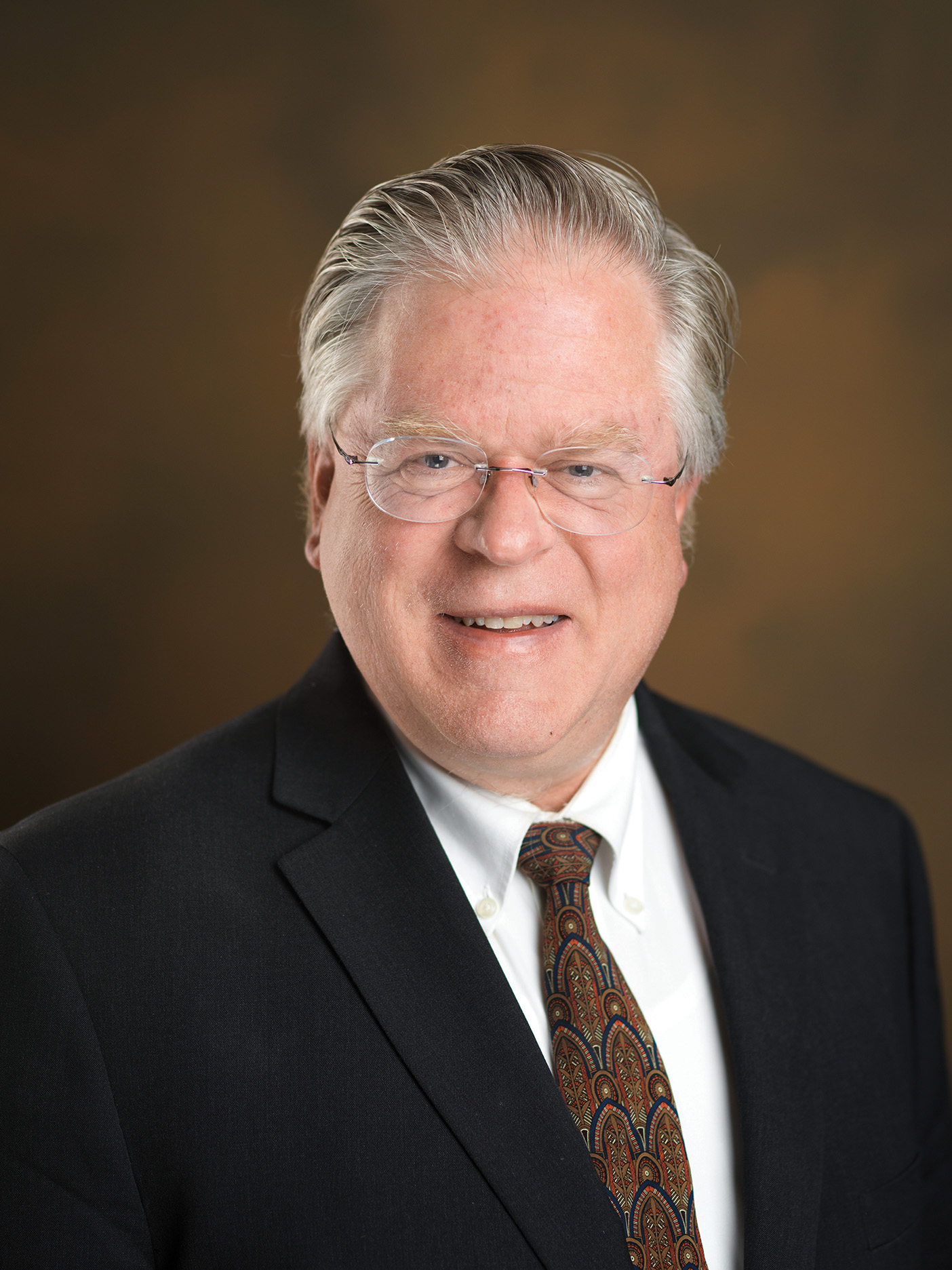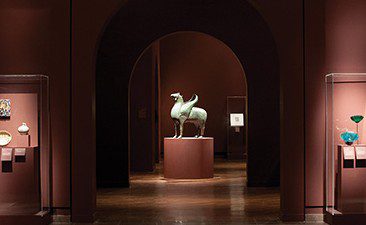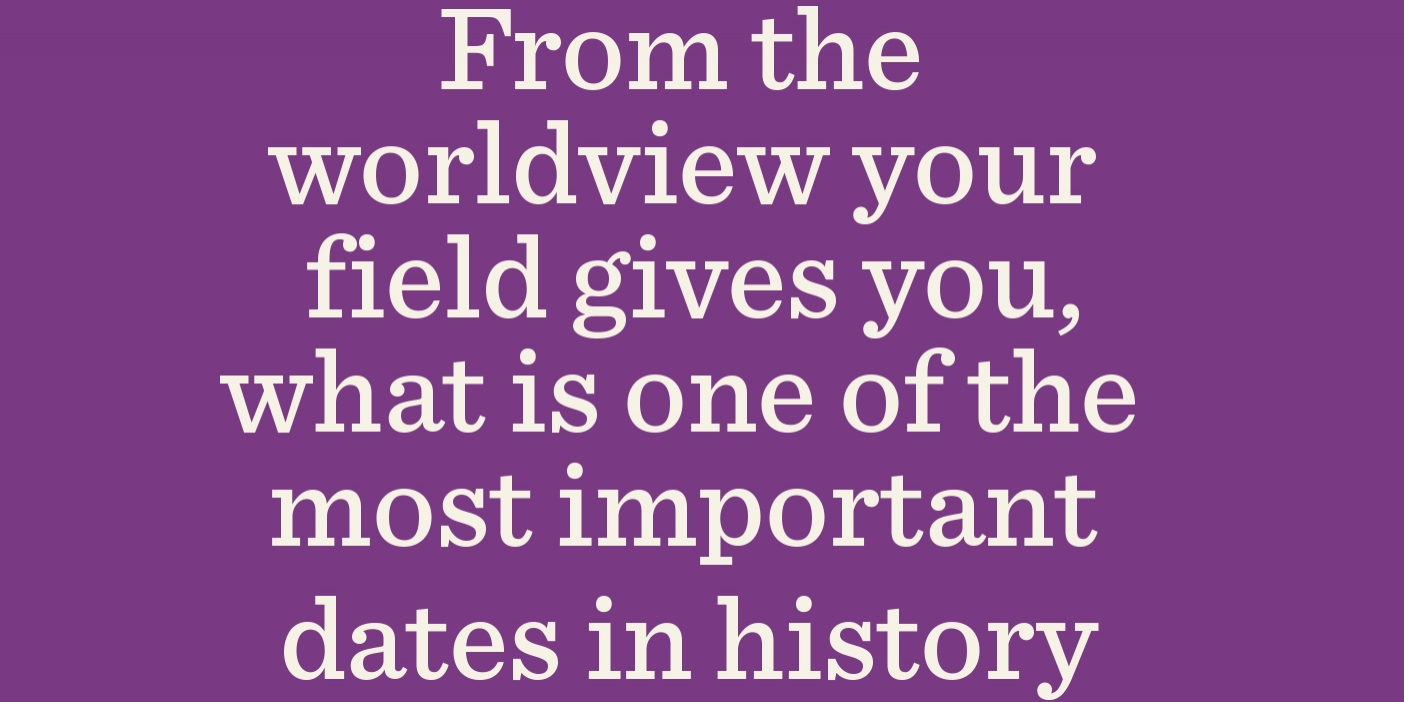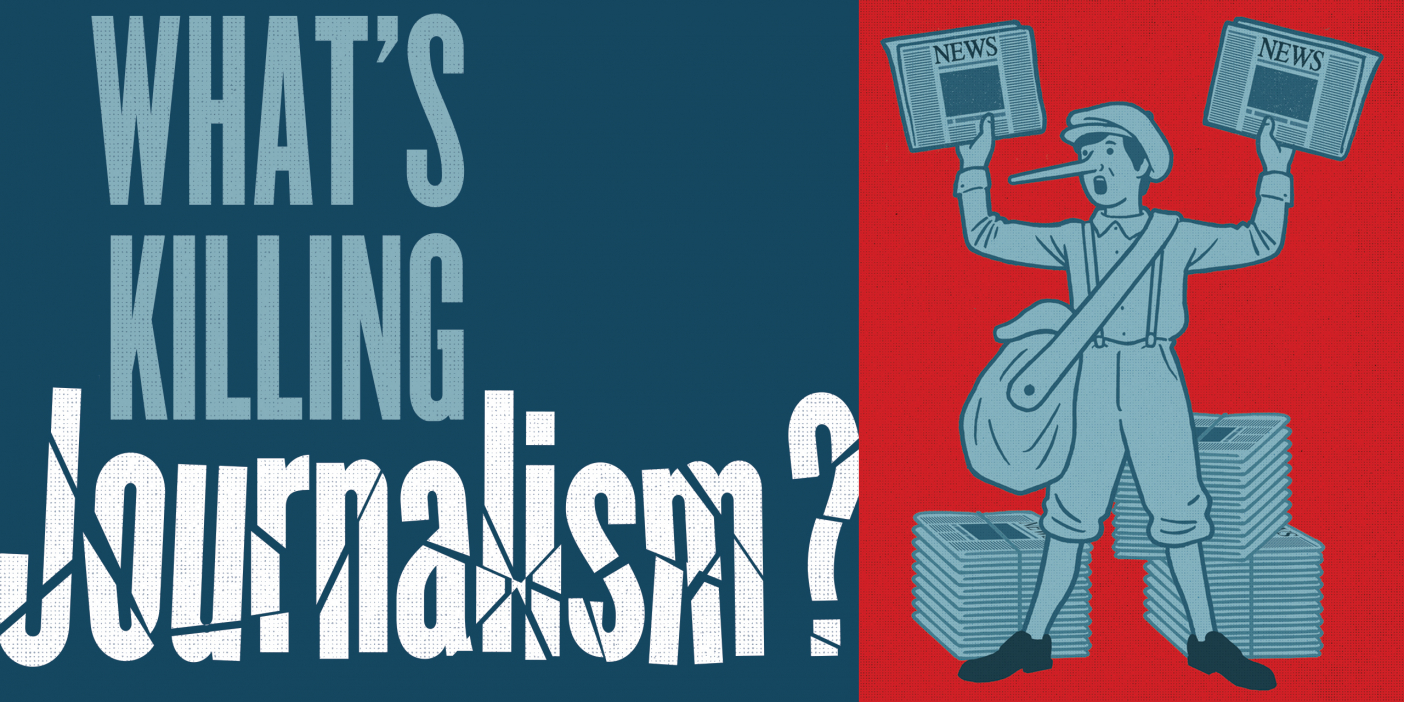An alum’s study of ancient Islamic science has him questioning the “West is best” mentality.

With Al-Qaeda and ISIS, 9/11, two Middle Eastern wars, and the refugee crisis, the Islamic world has been on the minds of Westerners for two decades—often for negative reasons. Glen M. Cooper (BA ’88) is no exception—though his interest extends way back, to the foundations of the culture, and is full of gratitude, not fear. In an age of xenophobia, the Claremont College visiting professor’s study of the history of ancient and medieval Islamic science is surprising because he uncovers the positive—and vast—influence of Islam on the Western world.
Cooper studied theoretical physics at BYU, with minors in math, philosophy, and Chinese (he’d served a mission to Taiwan). He later returned to BYU to study Greek and Latin, as well as German, Old Norse, and Egyptian. “I wanted to study comparative literature because I thought that’s where I could see the connections between everything.” But calling “classics a well-tilled field,” Cooper’s professor Daniel Blickman suggested he study Arabic and Islamic science instead. The irony of a Jewish teacher at a Mormon university encouraging him to study Islam delighted Cooper, and he followed that path of discovery.
After studying Islamic science at Columbia University, Cooper became a scholar of, among other things, the early Greek medical researcher Galen (AD 129–200), whose writings were translated into Arabic early on and later reintroduced to the West. And he explored the contributions to math and science that blossomed out of the Islamic renaissance—such as the creation of algebra and major discoveries in anatomy and pharmacy.
Cooper’s multidisciplinary scholarship—bridging history, language, science, and philosophy—has brought unexpected adventures. He studied Persian in Tajikistan, met Pope John Paul II at an astronomy conference, and was a guest of the King of Morocco to eulogize an Islamic historian at the world’s oldest university, in Fes.
Cooper points out that much of Western thought can be traced to discoveries and developments from Islamic civilization, which gave the West its blueprint for university education and much of its science and philosophy curriculums. In eighth-century Baghdad, Arab scholars translated Greek and Indian science and philosophy into Arabic—texts that, when later translated into Latin, catalyzed the European renaissance. Those texts transformed Western science and ushered in a period of European dominance.
Moreover, through their own inquiry, Islamic scholars invented decimal fractions and trigonometry adapted to astronomy and cartography. Mathematical models of the heavens from Islamic observatories fueled Copernicus’s discoveries, and Avicenna’s 10th-century Canon of Medicine became the basis of Western medical study for the next 700 years. The astrolabe, an analog computational device used in astronomy in the Islamic world, shaped the future of navigation, allowing sailors to determine their latitude.
“The contributions of Islamic science and education are immense and obscured by the West’s achievements as well as contemporary Islam’s detachment from science,” Cooper says. “We need to get past the ‘West is best’ thinking. Without diminishing the accomplishments of the West, we need to acknowledge the great debt that our civilization owes to the people we look down on today.”
Contributions of the Islamic World to Western Civilization
Science and philosophy curriculums for the university Translations of Greek science and philosophy Ancient medicine, research hospitals, and standard medical curriculum used in the West for 700 years The observatory as a funded institution for research The camera obscura (predecessor to the camera) The inventions of algebra and decimal fractions The astrolabe (a sophisticated analog calculator) Distinguishing astronomy from astrology Planetary mathematical models used by Copernicus












